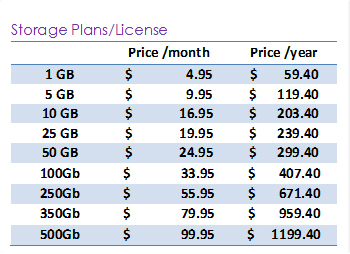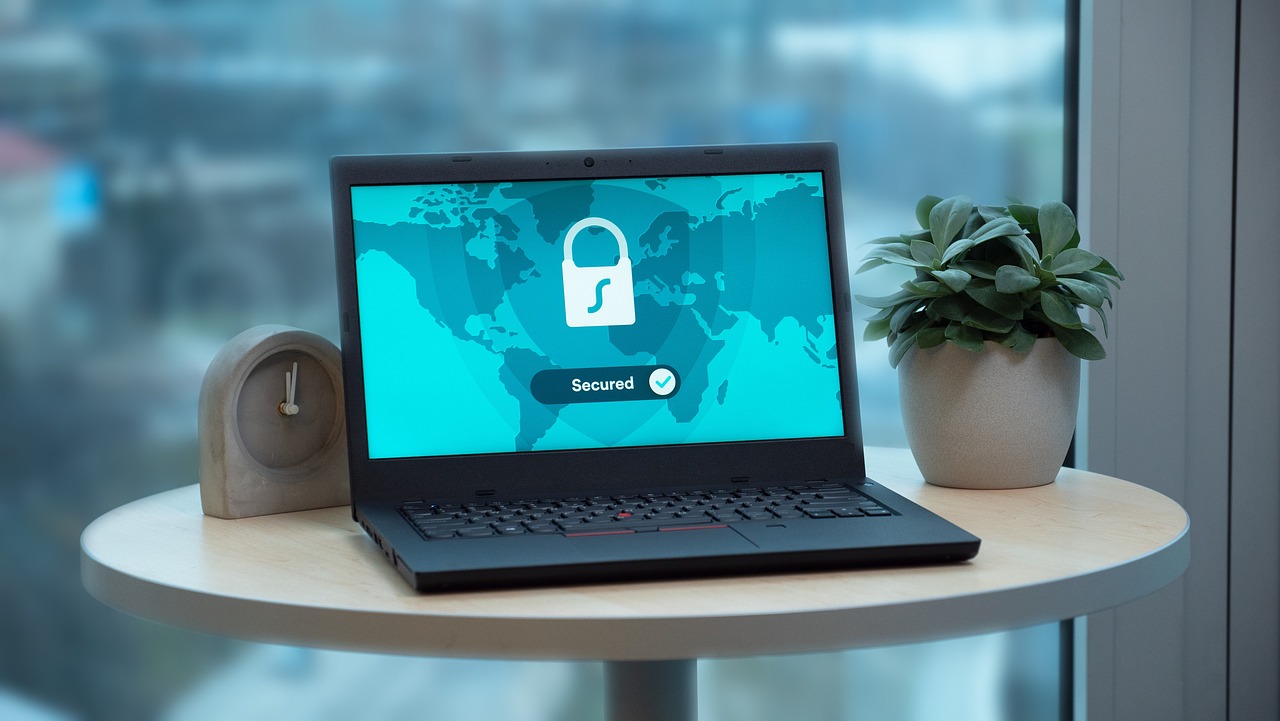Data Recovery -Are You Ready for a Backup Disaster?
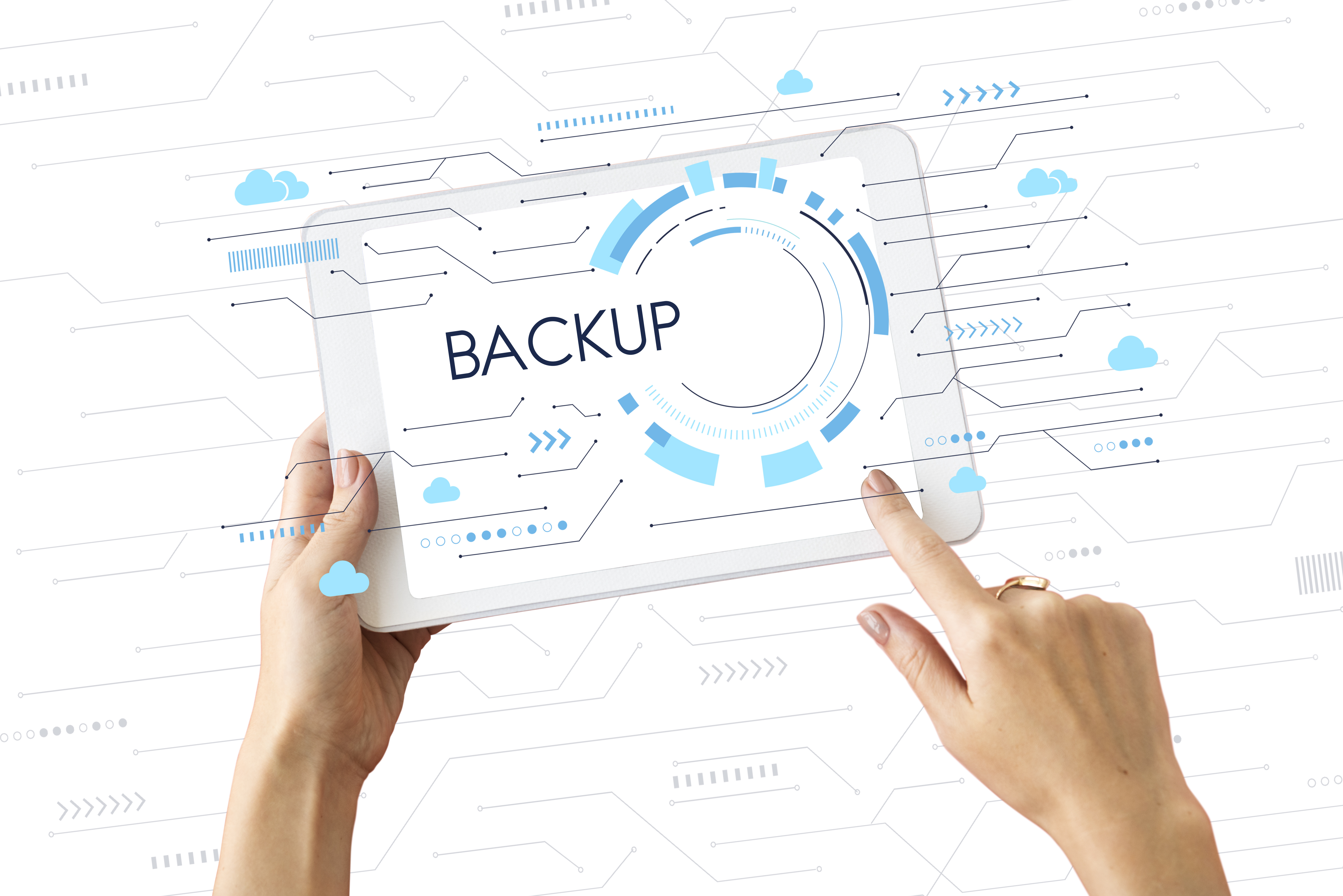
Prepared for a natural disaster or cyberattack?
Back up your data – keep your business up and running
Many small- and medium-sized businesses believe they’re not as vulnerable to data loss as big enterprises. Owners and managers usually think they don’t hold as much critical information as a large corporate, plus they carry less risk.
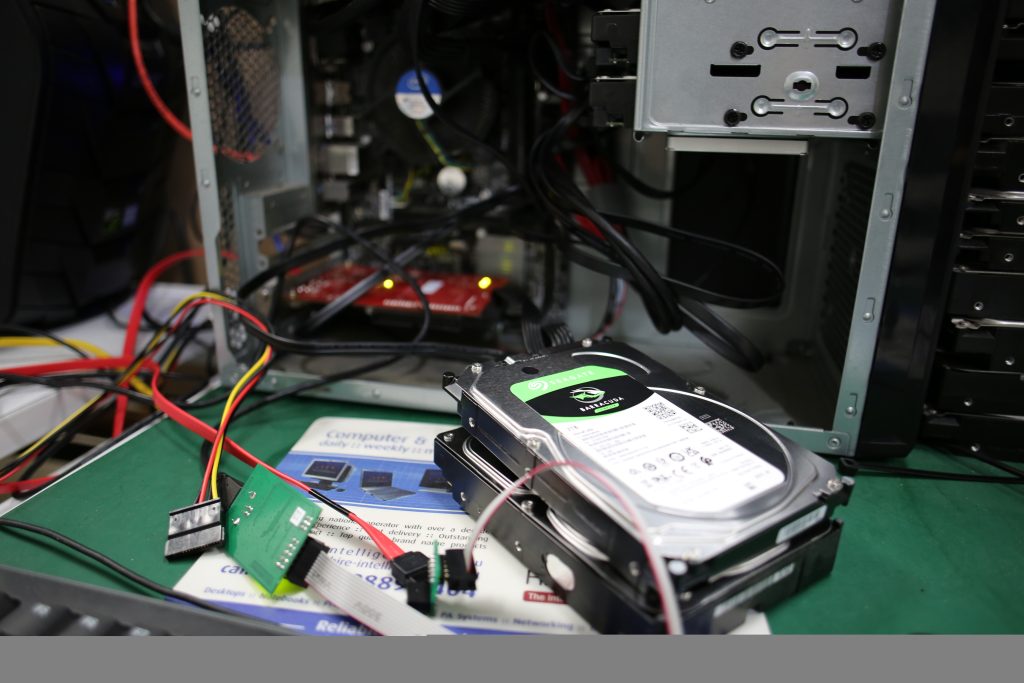
This false sense of security is dangerous. The reality is that smaller businesses are just as vulnerable to physical disasters such as fires, floods or other types of natural catastrophes. And let’s not forget the risks of theft and human error, as well as hardware or software failure.
Any of these adverse events can cause the loss of valuable business data and make a recovery extremely difficult.

Aussie businesses are increasingly vulnerable
Australian businesses are becoming more and more reliant on technology. As the volume of electronic data grows, companies are becoming more vulnerable to cybersecurity threats.
Business owners mistakenly stick their head in the sand about this risk, when in fact hackers target smaller businesses, believing they are not adequately protected. They may also be attracted to data that includes names, addresses, credit card details and even banking information.
What you need to prepare for:
1. Physical disasters
While a natural disaster is relatively unlikely to affect the average Aussie business, the possibility of employee error, theft or computer failure is a lot higher. The implications of failing to safeguard your data or put adequate data recovery in place can be severe if any of these scenarios occur.

For example, if a natural disaster such as a fire or flood struck your city or town, how much time do you think you’d need to re-enter a week, a month, or even a year’s worth of vital client data? That is assuming you have a record of the data in the first place.
Sadly, your business may not have the time or financial resources to recover. Research by the National Cyber Security Alliance found that as much as 60 percent of hacked small- and medium-sized businesses go out of business after six months.
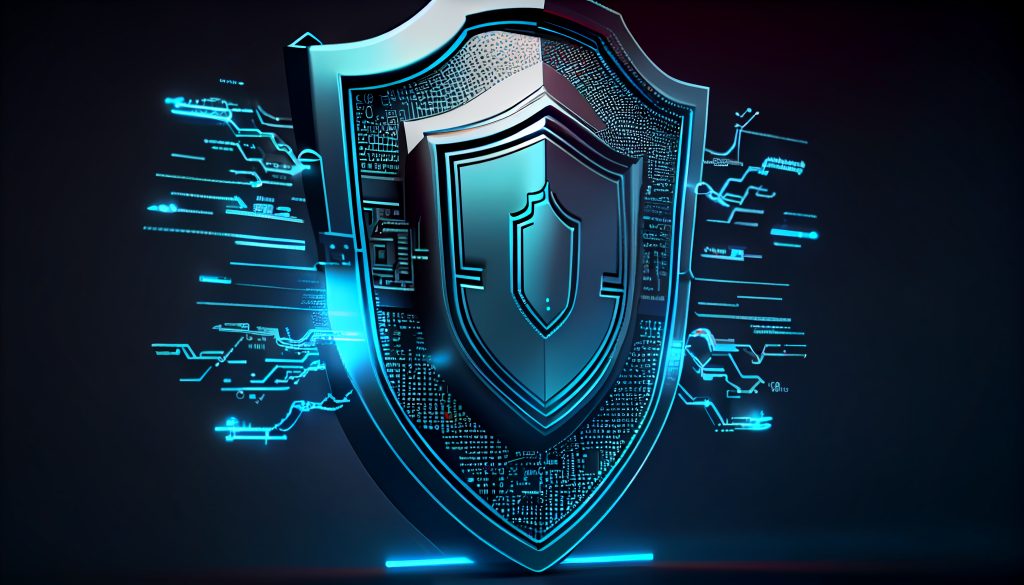
2. Cybersecurity
Having up to date, reliable antivirus software is the minimum requirement for protecting your customer and staff information. That’s because there are various viruses and cyberattacks that can happen to any type of business, including ransomware, spyware, and malware.
While these attacks can vary in severity, it only takes one to compromise your data, causing potential downtime for your business.
If you know what to look for, though, this can help prevent a data breach and protect your information. Here’s a summary of a few of the most serious attacks so that you can avoid them with the right software, hardware and IT support.
Malware
Malware is a blanket term for harmful computer programs like viruses, worms, or trojans that hackers use to access your computer or network. These are often hidden within documents sent through spam email attachments or inside compressed (zipped) files attached to emails. Once attachments are opened, the malware burrows into your computer.

Spyware

Spyware is a type of malware (malicious software) that’s designed to get access to, or cause damage to, your computer. It can also secretly monitor your online behaviour without your knowledge or permission – even passing this information on to a third-party.
Phishing
Phishing is a fraudulent attempt to get sensitive information or data, such as usernames, passwords or credit card details using deceptive emails and websites. Cyber-criminals often impersonate legitimate organisations to gain people’s trust.
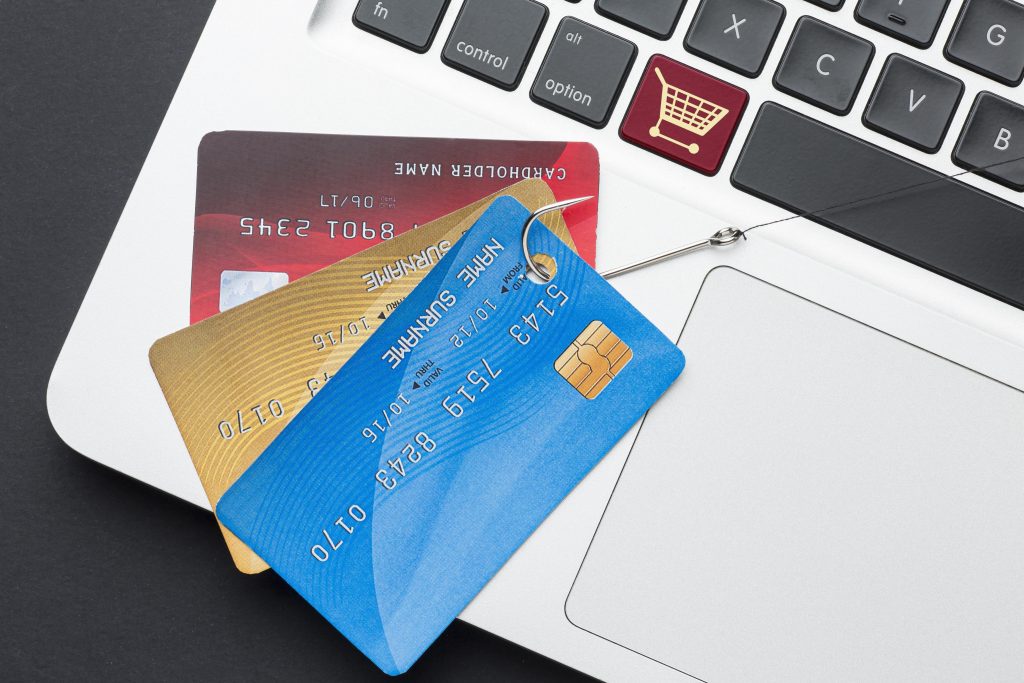
Ransomware
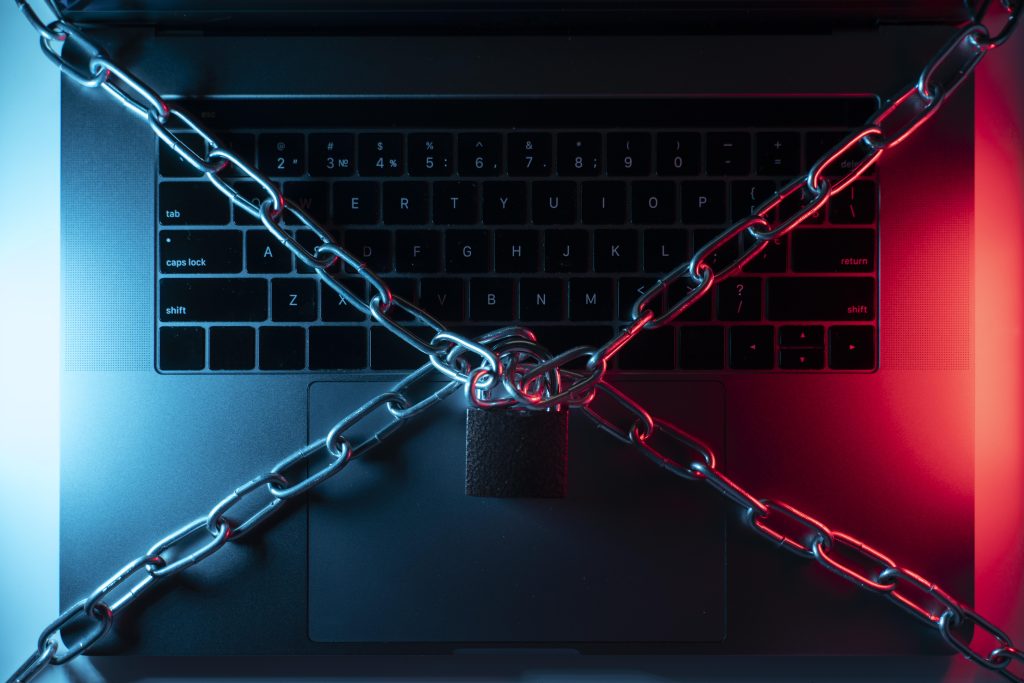
Ransomware is a severe cyberattack that can prevent you from running your computers. It can even bring your network to a grinding halt. Usually, the cyber-criminal encrypts your files asks for money in return for a key to unlock the encrypted files.
According to a recent survey by Crowdstrike, more than two-thirds of Australian companies were targeted by ransomware attacks in 2020. About one-third paid the ransom, at an average of $1.25 million.
The survey found that Aussie IT workers are most concerned about ransomware attacks (56%), followed by malware (50%) and phishing (42%).
Your data is the lifeblood of your business, so securing it from physical disasters and cyber threats should be a top priority. That’s why it’s essential to make sure you’re protected with antivirus software, that your data is securely backed up and that you’re running the latest software versions.
Reduce the risks of data loss for your business and ensure you can access and restore your data if you suffer from a hardware failure or natural disaster. Contact PC Pitstop for friendly, expert advice.
If you’d like to talk first, just contact us or give us a call on 02 6584 1551.
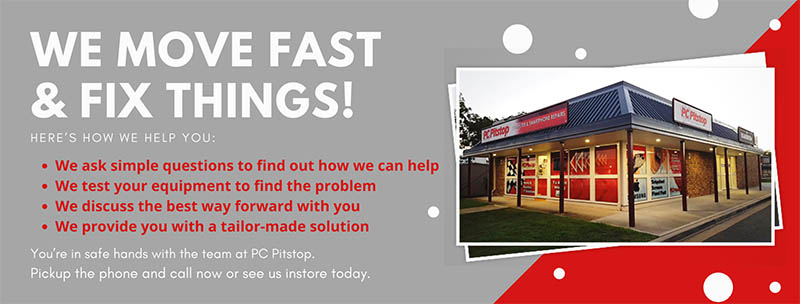

#02 65 841 551 :: sales@pcpitstop.com.au :: www.pcpitstop.com.au/blog
 |
 |
 |
 |
 |


